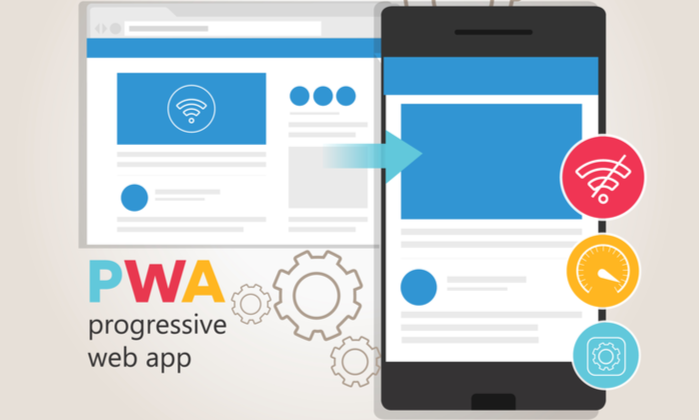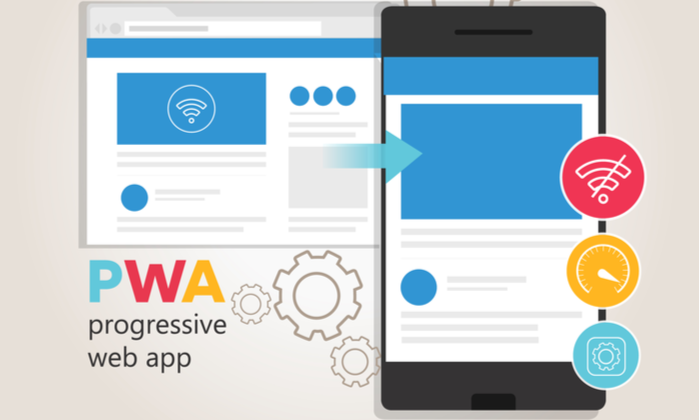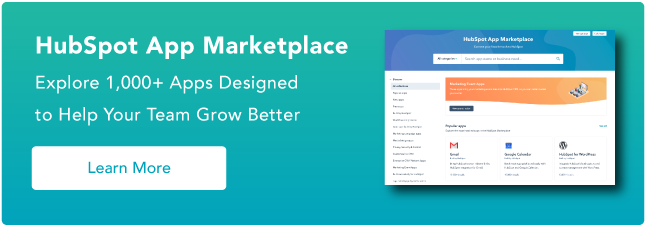When Should You Use Progressive Web Apps?

By Neil Patel
The age of the smartphone opened up a whole new window for businesses to connect with their customers in an interactive way using apps.
Because apps allow customers to interact with businesses from anywhere at any time, apps quickly became popular.
Unfortunately, apps are not as exciting to consumers as they were in their early days. This has resulted in app retention rates declining rapidly and, for some brands, their revenue has declined with them.
That’s why progressive web apps are becoming increasingly popular.
What Are Progressive Web Apps?
Progressive web apps (PWAs) are regular web applications/pages designed to look and function like native mobile applications. PWAs use features of web browsers and advanced enhancement strategies to give users a native app-like experience on any device.
In short, a progressive web app fuses the look, feel, and ease of use of an app but with the easy coding of a website.
The Difference Between Native, Hybrid, and Progressive Apps
What’s the difference between native, hybrid, and progressive web apps?
Native Apps
- coded to run on a specific platform
- require separate codebases and related overhead
- can use a device’s native capabilities and hardware to the fullest
Hybrid Apps
- rely on frameworks (like Ionic, Cordova, React Native, etc.) instead of programming in the platform’s programming language
- can share (at least partially) codebase in most scenarios
- can use most of a device’s native capabilities and hardware
Progressive Web Apps
- a hybrid between websites and apps
- designed to run a single codebase for all platforms (web, mobile, desktop)
- limited access to a device’s native capabilities, but enough for most use cases
Advantages of Progressive Web Apps
Despite being limited in tapping into a device’s native capabilities, are there any advantages of using progressive web apps?
There certainly are. Here are some of the most prominent:
- Reliability: They can be used offline and provide a stable experience despite network conditions.
- Security: User information is secure on PWAs as every progressive web app must have SSL certificates.
- Speed: Thanks to caching through service workers and tapping into a device’s resources, progressive web apps offer a fast and seamless experience.
- Engagement: PWAs integrate well with the web and devices, making them easy to interact with.
Another significant advantage of PWAs is users can save them on their home screens without the hassle of downloading. This allows the PWA to load faster the next time it’s used.
Why Should I Use Progressive Web Apps?
One reason users love apps is they generally offer better experiences than web applications. However, developing and maintaining native apps is a lot of work, not to mention the expenses involved.
If your users use different platforms (Android, iOS, etc.), you have to code your app for each platform.
PWAs, however, don’t require you to code for each platform. They were designed with the philosophy of “code once, use everywhere.” Once you code your PWA, it can be used in-browser (as a website or web app), on desktops, and on mobile devices.
This often results in better performance, improved retention rates, and, ultimately, an affordable application offering your users a positive …read more
Source:: Kiss Metrics Blog








